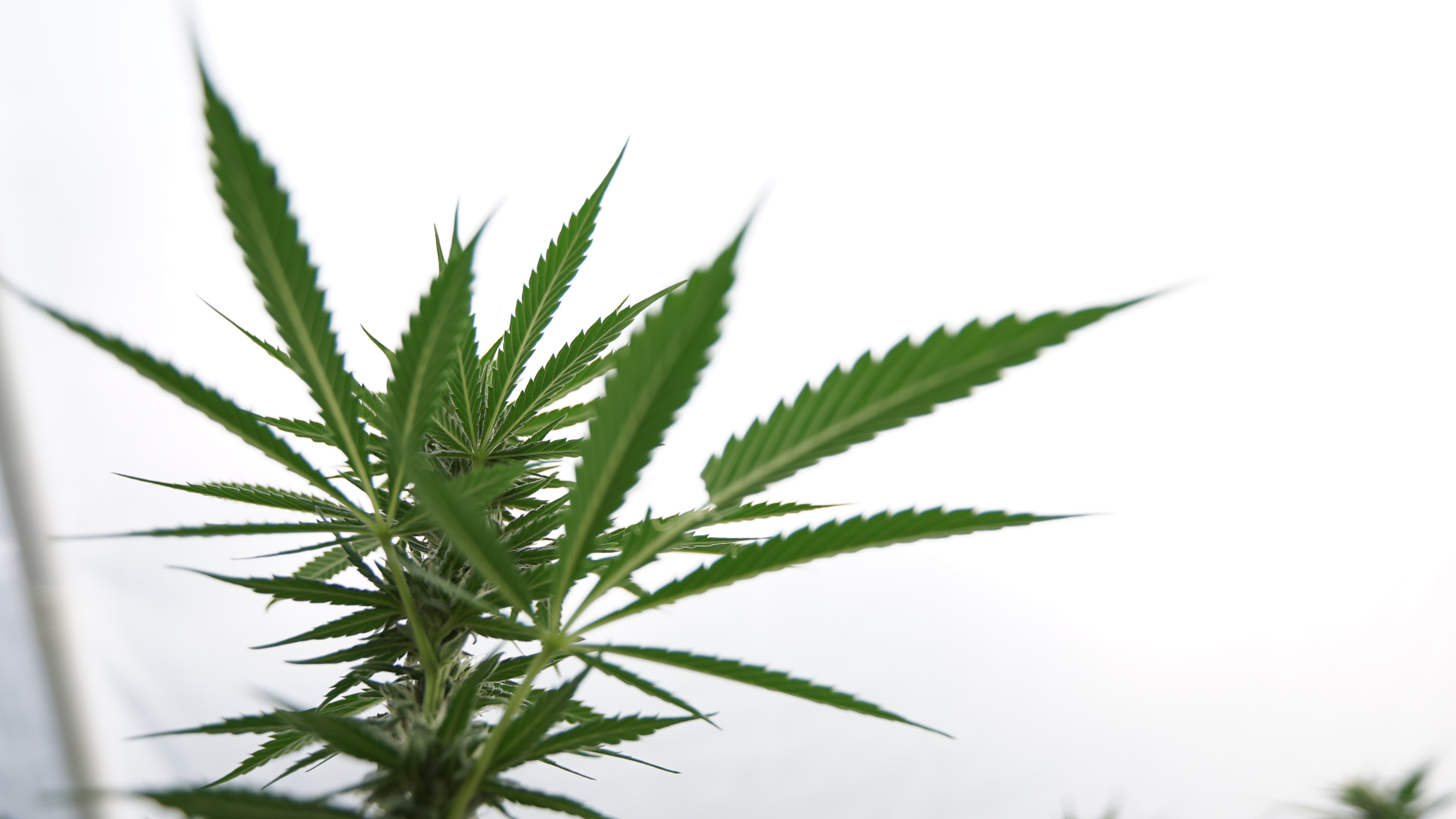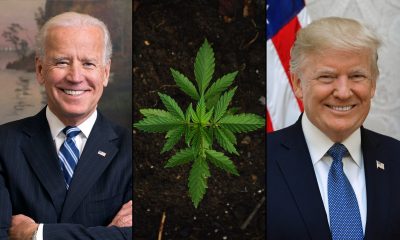Politics
New York Marijuana Regulators Hold First Legalization Implementation Meeting And Approve Patient Access To Flower Cannabis

New York’s Cannabis Control Board (CCB) held its first meeting on Tuesday, a key step toward implementing the state’s adult-use marijuana program.
Regulators announced that some changes to the state’s existing medical cannabis program that were included in the recreational legalization law enacted earlier this year will take effect immediately. Dispensaries will now be allowed to sell flower marijuana products to qualified patients, for example. But home cultivation for patients remains prohibited for the time being because officials have failed to meet a deadline to develop rules for such activity.
It’s unclear when home grow regulations will be put into place, but former New York Assemblywoman Tremaine Wright (D), who chairs CCB, said they body is “very committed to drafting these regulations and issuing them for public comments, and expect it to be an agenda item on one of the upcoming board meetings.” She did not provide specifics on when to expect that to happen, however.
Members of the board, who were recently appointed by the governor and legislative leaders, also discussed ethical considerations for regulators, approved key staff hires and talked about next steps for the panel.
While the conversation was largely preliminary—and lasted just over a half hour—the board signed off on some regulatory positions such as a chief equity officer. Jason Starr, who served as assistant counsel to former New York Gov. Andrew Cuomo (D) and also worked at the New York Civil Liberties Union, will assume that role.
The panel also announced that the state’s medical marijuana program would be immediately affected. Patients will be able to access flower cannabis products at existing dispensaries, and the $50 registration fee for patients and caregivers is being permanently waived, for example. Lawmakers who sponsored the legalization bill had argued that those changes to the law could be self-executing and did not require the regulatory body to be seated to be enacted, but Cuomo’s administration had a different view.
Gov. Kathy Hochul (D), who replaced Cuomo after he resigned amid a sexual harassment scandal, has repeatedly emphasized her interest in efficiently implementing the legalization law that was signed in March.
At a recent event, she touted the fact that she had quickly made regulatory appointments that had been delayed under her predecessor. “I believe there’s thousands and thousands of jobs” that could be created in the new industry, the governor said.
Advocates are encouraged by the appointments and Hochul’s attention to the issue. And now with the board filled out and having held an introductory meeting, the work begins to create rules for marijuana business licensing. Members will have broad authority to establish licensing regulations, and activists will be watching closely to see the extent to which social equity applicants will be prioritized.
CCB is responsible for overseeing the independent Office of Cannabis Management within the New York State Liquor Authority, which is also responsible for regulating the state’s medical marijuana and hemp industries.
As it stands, adults 21 and older can possess up to three ounces of cannabis or 24 grams of concentrates in New York—and they can also smoke marijuana in public anywhere tobacco can be smoked—but there aren’t any shops open for business yet.
The first licensed recreational marijuana retailers in New York may actually be located on Indian territory, with one tribe officially opening applications for prospective licensees earlier this month.
In July, a New York senator filed a bill to create a provisional marijuana licensing category so that farmers could begin cultivating and selling cannabis ahead of the formal rollout of the adult-use program. The bill has been referred to the Senate Rules Committee.
Because the implementation process has been drawn out, however, one GOP senator wants to give local jurisdictions another year to decide whether they will opt out of allowing marijuana businesses to operate in their area—a proposal that advocates say is unnecessary and would create undue complications for the industry.
Under the law as enacted, municipalities must determine whether they will opt out of permitting marijuana retailers or social consumption sites by December 31, 2021. Sen. George Borrello (R) introduced legislation earlier this month that would push that deadline back one year.
Legalization activists aren’t buying the argument, however.
Adding pressure to get the market up and running is the fact that regulators in neighboring New Jersey recently released rules for its adult-use marijuana program, which is being implemented after voters approved a legalization referendum last year.
The state comptroller recently projected that New York stands to eventually generate $245 million in annual marijuana revenue, which they say will help offset losses from declining tobacco sales.
For the first year of cannabis sales, the state is expected to see just $20 million in tax and fee collections. That will be part of an estimated $26.7 billion in new revenues that New York is expected to generate in fiscal year 2021-2022 under a budget that the legislature passed in April.
Meanwhile, a New York lawmaker introduced a bill in June that would require the state to establish an institute to research the therapeutic potential of psychedelics.
Illinois Marijuana Sales Near $1 Billion In 2021 With Sizable September Numbers
Photo courtesy of Chris Wallis // Side Pocket Images.
















